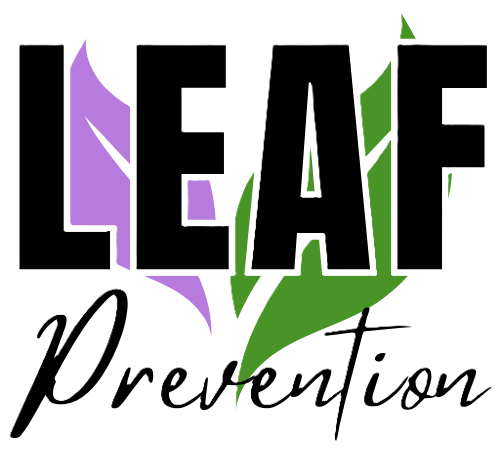

Blog Posts
At the start of the school year, students may feel a knot in their stomach and be worried about making new friends and keeping up with potentially tougher classes. The thought of navigating unfamiliar hallways and facing the judgment of classmates in person and on social media can make students feel overwhelmed and anxious with the fear of not fitting in.
The pressures of academic expectations, social dynamics, and the unknown can weigh heavily, leading to heightened anxiety. Previous difficult experiences such as bullying or the coronavirus pandemic may also fuel those feelings. Anxiety may push teenagers and college students toward unhealthy coping mechanisms, such as substance use. Alcohol, drugs, cigarettes, and vapes may take the edge off anxieties in the short term, but they can feed a cycle of stress and substance misuse in the long term.
What Are the Signs of School Transition Anxiety?
While it is normal to feel worried about new situations, such as school transitions, some young people may be more anxious than others. The table below lists some of the possible signs of school transition anxiety.
Table: Signs of School Transition Anxiety
Physical |
Emotional |
Behavioral |
|
Headaches |
Worry |
Claiming to be sick to try to stay at home |
|
Dizziness |
Irritability |
Refusing to go to school or attend class |
|
Rapid Heartbeat |
Sadness |
Missing school frequently |
|
Shortness of breath |
Sensitivity |
Unwillingness to discuss school |
|
Sweating |
Mood swings |
Declining school performance |
|
Appetite change |
Angry outbursts |
Using alcohol, drugs, cigarettes, vapes or other substances |
|
Inability to sleep |
Crying |
|
|
Stomach aches |
Strategies for Managing School Transition Anxiety
When to Seek Professional Help
Anxiety is a normal reaction to change, and coping with transitions enables personal growth. However, some students might need further support to navigate school transition if anxieties produce a prolonged impact on well-being. If anxiety symptoms persist or lead to harmful behaviors, you should reach out to a teacher, counselor, pediatrician, or therapist.
If you are concerned about your own or someone else’s use of drugs, alcohol, cigarettes, or vapes, reach out to LEAF for advice and support at (607) 432-0090.
#BacktoSchoolSafety #BacktoSchool #Fall2024 #RaisingKids #ParentingCommunity #ParentingJourney #VapingAwareness #SoberSchoolYear #ParentingTweens #ParentingTeenagers
Sources
U.S. Surgeon General (2021) “Protecting Youth Mental Health,” https://www.hhs.gov/surgeongeneral/priorities/youth-mental-health/index.html
Stomp Out Bullying website https://www.stompoutbullying.org/
Medical News Today (2022) “What to Know About School Anxiety,” https://www.medicalnewstoday.com/articles/school-anxiety - symptoms
All sources accessed September 4, 2024.